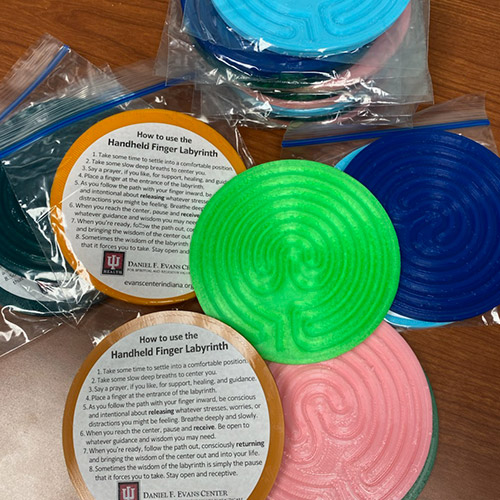The SCAI Framework
The SCAI Framework was developed to balance the need for a reproducible research tool for spiritual care assessment and intervention, with an open, individually responsive approach to spiritual care that would feel authentic to chaplains, patients, and families. We have developed the SCAI framework through an interdisciplinary process involving chaplains, theologians, researchers, and other clinicians and revised it based on feedback over the years. Although it was developed for ICU family members, some questions have also been adapted for the clinical settings in which it was being used, such as the outpatient oncology clinic. As a result, you may notice small differences in versions of the framework that have been used over time.
View publication here:
Spiritual Care Assessment and Intervention (SCAI) for Adult Outpatients With Advanced Cancer and Caregivers: A Pilot Trial to Assess Feasibility, Acceptability, and Preliminary Effects.
American Journal of Hospice and Palliative Medicine® September 2021 https://doi.org/10.1177/10499091211042860
The SCAI Framework is registered under Creative Commons under a Creative Commons Attribution-NonCommercial-NoDerivatives 4.0 International License. You are welcome to use the materials posted here for your own clinical use or for research conducted by non-profit entities. For any other uses, contact Dr. Alexia Torke at the Evans Center.





